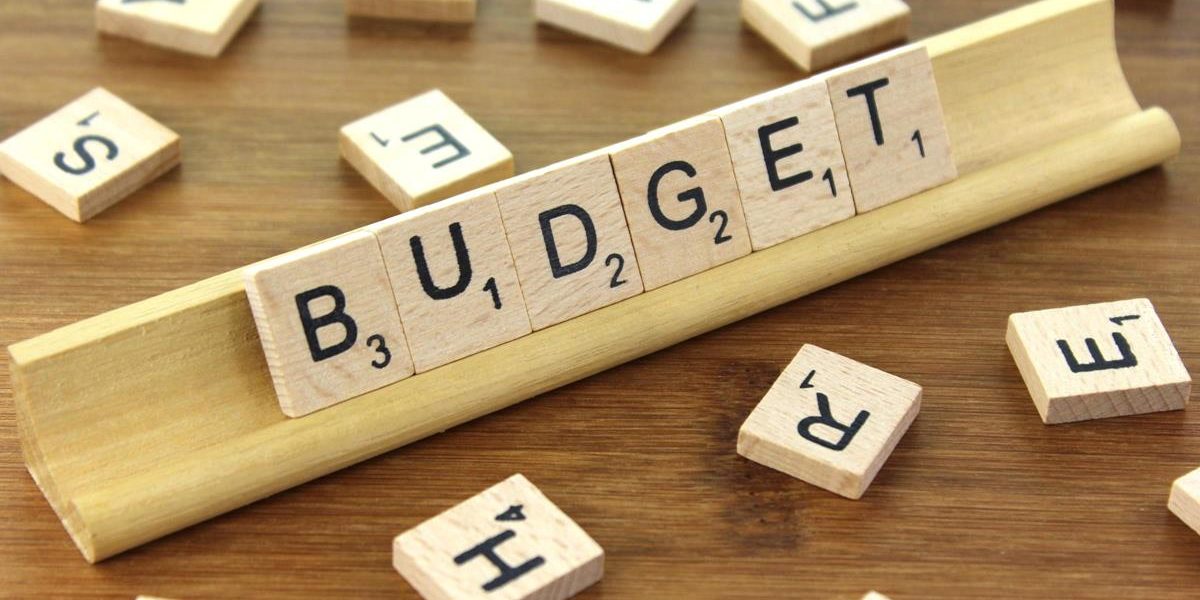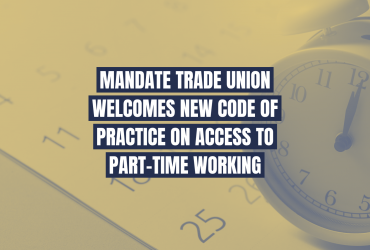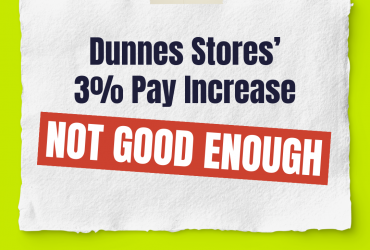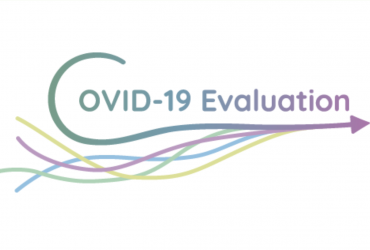
Budget lacks vision and fails low income households
Thursday 3 October 2024Mandate Trade Union says Budget 2025 is a missed opportunity to address some of the key social and economic crisis’ facing workers in Ireland.
The income tax cuts are regressive and benefit the highest income households most.
An average worker on €25,000 will receive approximately €225 per year from the tax changes but a worker on €100,000 will receive more than four times that. This is simply not fair.
Mandate welcomes the increase by 0.80c in the National Minimum Wage, a recommendation made by the Low Pay Commission. However, it is disappointing that the Government chose to continue the discrimination of young workers through the retention of sub-minimum rates of pay in spite of another recommendation by the Low Pay Commission.
The delayed implementation and rollout of the auto-enrolment pension scheme and sick pay scheme will negatively impact on workers. This was done at the behest of employers and again is workers subsidising businesses.
Overall the fiscal space available in Budget 2025 could have been used to address the substandard provision of childcare, housing, education and healthcare, but instead the Government went for short-term measures with one eye on an upcoming election.
Mandate is providing a breakdown of some of the measures applicable below:
Tax
- The entry point for the 40pc top rate of tax is expected to increase by €2,000 to €44,000. This means workers will pay 20pc tax on all earnings up to this point.
- The 4pc USC will be reduced to 3pc, with the entry point rising to €27,382.
- Personal tax credit increases will include: €125 personal tax credit, €150 home carer tax credit, €150 single person child carer tax credit, €300 incapacitated child tax credit, €300 blind person’s tax credit.
- There will also be significant changes to inheritance tax, allowing children to inherit up to €400,000 from their parents tax-free. Grandchildren will be able to inherit €40,000 tax-free, and the threshold for siblings will be €20,000.
- Stamp duty on the bulk purchase of homes will increase to 15pc as part of a clampdown on vulture funds. The Residential Zoned Land Tax will go ahead as planned next year but farmers will be excluded following Coalition tensions on the issue.
Business and employment
- The amount of money an employer can give employees as bonus payment will increase to €1,500.
- National minimum wage will increase by 80 cent per hour to €13.50 euro from January 1.
- A €4,000 energy grant to cover the cost of electricity paid to the retail and hospitality sector before Christmas.
- Sick-leave days will not increase to seven days in January as planned.
- Auto-enrolment pensions will be delayed until next September.
- Tax changes will allow small businesses keep more of the money they earn, this will include changes to Vat thresholds.
- There will be changes to self-employed earned income to allow them keep more money.
- A new €20m fund will help businesses upskill staff.
- Increase in the first year threshold in the R&D tax credit from €50,000 to €75,000 to provide “further cash-flow support” to companies undertaking smaller R&D projects or engaging with credit for first time.
- The minister will introduce a new relief for expenses incurred in connection with a first listing on an Irish or European stock exchange, subject to cap of €1m
Welfare
- There will be increases of €12 in the weekly rates for people in receipt of weekly social protection payments.
- A double payment will be made to recipients in both October and December.
- The over-70s are to benefit from a new “bring a friend” expansion of the free travel scheme.
- Parents of newborns will receive a special one-off baby boost of €420, while ministers have also agreed a €15 weekly increase in maternity, paternity and parents’ benefit.
- The Carer’s Allowance means-test disregard for a single person has been doubled to €1,250 for a couple.
Cost-of-living package
- Measures are set to include: Two double payments of Child Benefit in November and December; A double payment of all welfare rates in October and December; A €400 lump sum for those in receipt of the working family payment.
- Every household will receive two energy credits of €125, worth a total of €250, between end of the year and start of next year.
- There will be a bonus payment of €200 for people in receipt of the Living Alone allowance.
- The Fuel Allowance will be extended to over-66s and there will also be a €300 lump-sum payment for recipients of the benefit as part of the Budget’s €2bn cost-of-living package.
- Reduced 9pc VAT rate for gas and electricity for another six months for businesses and households.
Climate
- Carbon tax rises by €7.50 per tonne on petrol and diesel from October 9, and on heating fuels from May 1, 2025. It will add around €19.40 to a 900 litre tank of home-heating oil, 89 cent to a 40kg bag of coal and €16.86 to an average annual gas bill. A 60 litre fill of diesel will cost €1.48 more and a fill of petrol will cost €1.28 more.
- Vat charged on heat pumps will be lowered from 23pc to 9pc.
- €90m will be made available to retrofit social homes for 2025.
- The total carbon tax revenue for investment is now at 951m, half of which will be spent on energy efficiency in our homes.
- An additional €1.7bn for more homes, schools, for improvements in hospitals, and to tackle climate change under the National Development Plan.
Grants
- Also included in the welfare package is: a €500 bonus payment of the Disability Support Grant; a €400 bonus payment of the Carer’s Support Grant; €200 Living Alone Allowance bonus payment; and a €100 Child Support Grant (formerly qualified child) bonus payment.
Housing
- €7.8bn to go to Department of Housing in this year’s Budget, with a further investment of €3bn to “build more homes and address affordability constraints”. Total capital investment next year will be €15bn for infrastructure. €2bn will be available next year for 10,000 new social homes.
- €1.6bn will continue to support 66,000 social housing tenancies alongside an additional 7,400 social homes next year, as well as 38,000 social housing leases already in place.
- It will also bring 10,000 new households under the Housing Assistance Payment and Rental Accommodation Schemes in 2025.
- Tenants will benefit from an increase in the renter’s tax credit, which will increase to €1,000 next year and they will be able to backdate a claim of the same amount for 2024. This will work out at €2,000 for a jointly-assessed couple.
- The Help-to-Buy scheme will be extended to 2029 to assist first-time buyers. The First Home shared equity scheme will also remain in place.
- Mortgage interest relief will be extended for another year.
- There will be an extension of pre-letting expenses for landlords for a further three years.
- €90m will be made available to retrofit social homes for 2025.
- €2.1bn will be used to provide accommodation for those fleeing Russia’s invasion of Ukraine and to support those seeking international protection.
Education
- The free schoolbook measure is set to be extended to Leaving Certificate students. It currently is offered for pupils in junior infants right up to those in junior cycle of secondary school.
- School transport fees reduced during the pandemic will remain in place.
- Extending hot school meals programme to all remaining primary schools in 2025.
- A new fund to pay for mobile phone pouches, which will allow schools lock away devices during classes, is also being established.
- Third-level students will get €1,000 off their college fees, reducing the cost from €3,000 to €2,000, and postgraduate students will see their fee-contribution grant increase from €4,000 to €5,000.
- A €100m package from Higher Education Minister Patrick O’Donovan will see a once-off reduction of apprentice contribution of €1,000.
- There will be funding for more than 1,600 special needs assistants (SNAs) and 768 extra special education teachers in Irish schools.
- Almost €1.5bn over six years, to 2030, for capital investment for further and higher education. Funding will support 6,800 apprentice registrations next year.
Health
- Free hormone replacement therapy (HRT) will also be rolled out for women following extensive campaigning. The measure could save women who are prescribed HRT between €360 and €840 a year, based on women paying between €30 and €70 per month.
- The Free IVF treatment scheme will be expanded in two areas, to include donor-assisted fertility treatment, and also couples experiencing “secondary” fertility problems – where they already have a child but are struggling to conceive again.
- Cervical Check – there will be exemption from income tax, capital gains tax and capital acquisitions tax on payments made to the women impacted by the failures in the CervicalCheck scandal.
Transport
- Free public transport will be offered to children aged 5 to 8.






